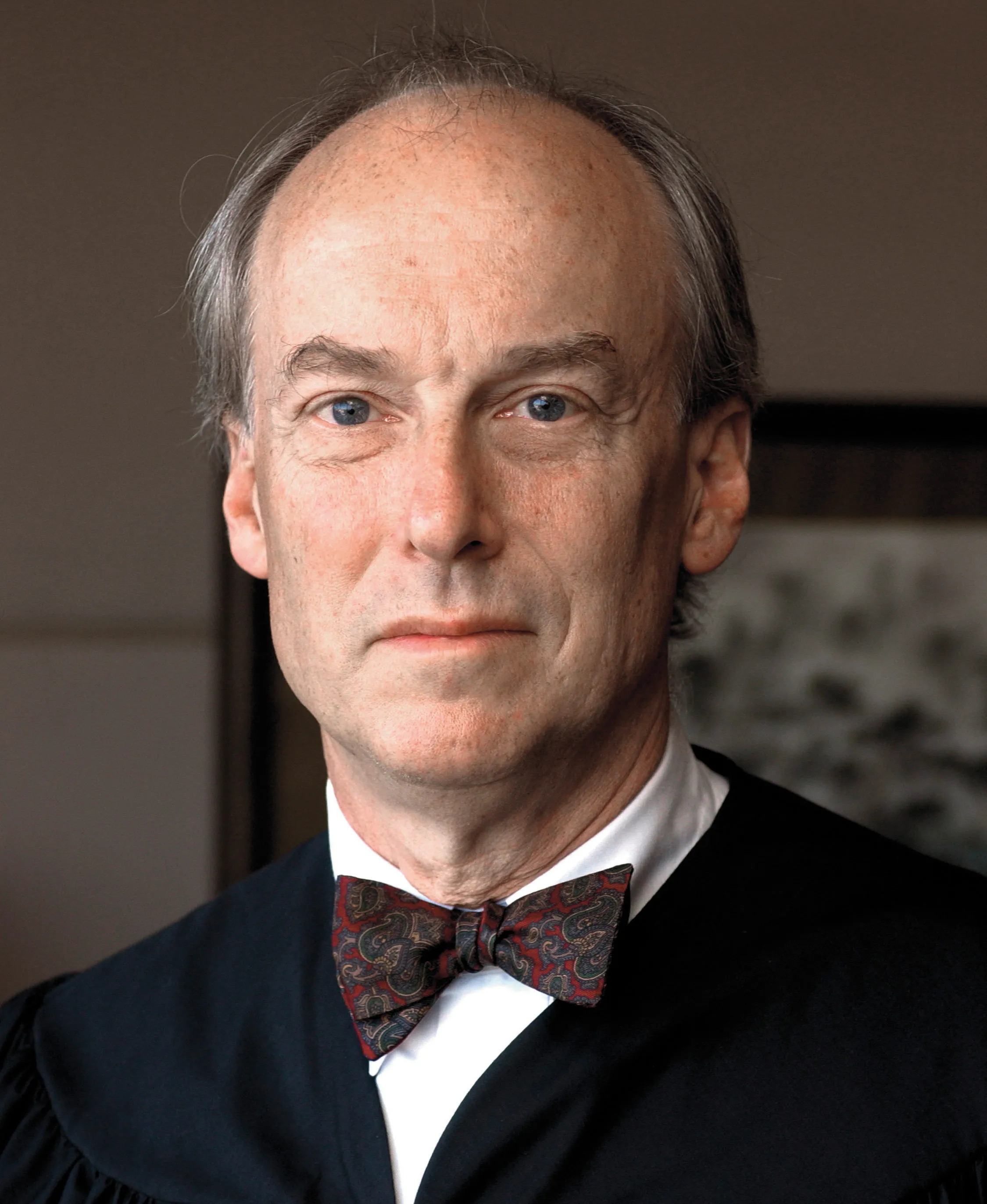Robert Martin, ’69: A Bankruptcy Law Legacy

Robert Martin, ’69, retired last year after serving for 38 years as a US bankruptcy judge, most of them as the chief judge in the Western District of Wisconsin. His legacy will be felt for generations.
He put himself forward in 1978 as a candidate for bankruptcy court, as the incumbent judge was nearing retirement. Martin had been at Ross & Stevens in Madison since graduating from the Law School, becoming a partner. “I really liked doing bankruptcy cases, but they weren’t high on the agendas of top firms like ours, so I figured becoming a judge was my best way to ensure a steady caseload of the thing I most liked to do,” he said.
“I owe my love of bankruptcy law in part to my incomparable law school professor Grant Gilmore,” Martin said. “He showed me that this was a richly interesting, intellectually challenging, and socially important area of law.”
The year 1978 was a heady time for bankruptcy jurisprudence, as the new Bankruptcy Reform Act was nearing passage. For about a decade after the law went into effect in 1979, Martin and his colleagues produced written opinions for virtually all of their cases. “We were defining what the law meant and how it should be administered—that was an exciting position to be in,” he recalled.
He continued shaping the understanding and practice of bankruptcy law through his three-decade collaboration with Robert Ginsberg, with whom he wrote what is now the three-volume treatise Ginsberg and Martin on Bankruptcy. That treatise is now in its fifth edition. Among his many other publications, he is coauthor of the Secured Transactions Handbook for Wisconsin Lawyers and Lenders.
He taught for many years at the University of Wisconsin Law School, and he has been a faculty member in courses for new bankruptcy judges. He served in several leadership positions with the National Conference of Bankruptcy Judges, including as the organization’s president. His preeminence has been recognized in many ways, including being chosen in 1993 for membership in the highly selective National Bankruptcy Conference and receiving the William L. Norton Jr. Judicial Excellence Award in 2011.
“In my earliest days on the bench, bankruptcy judges weren’t always highly respected,” Martin recalled. “My University of Chicago law degree was an important credential.” Local ties served him particularly well when as a traveling judge he became widely credited for helping to strengthen Chicago’s bankruptcy bar. “Let’s just say that the culture in Chicago bankruptcy practice 30 years ago was more relaxed than many thought it ought to be, and I think over time we were able to help bring it up to the exceptionally high standards it has today,” he said.
Martin and his wife, Ruth, whom he met in college, were married before he began at the Law School and now have six grandchildren. “When I graduated, people would ask me why I hadn’t taken a job in Chicago or some other big city. There was a lifestyle we wanted, and we found it in Madison, where we’ve been happy for 47 years,” he said. “I’ve had a charmed life, personally and professionally. I’m married to a woman who has always been much smarter and much better-looking than me, I have a wonderful family, I have had great friends and colleagues, and I have been permitted as a judge to be a public face of bankruptcy law to the innumerable people whose lives and businesses are affected by it. I owe that career to the Law School, and I am immensely grateful for it.”


